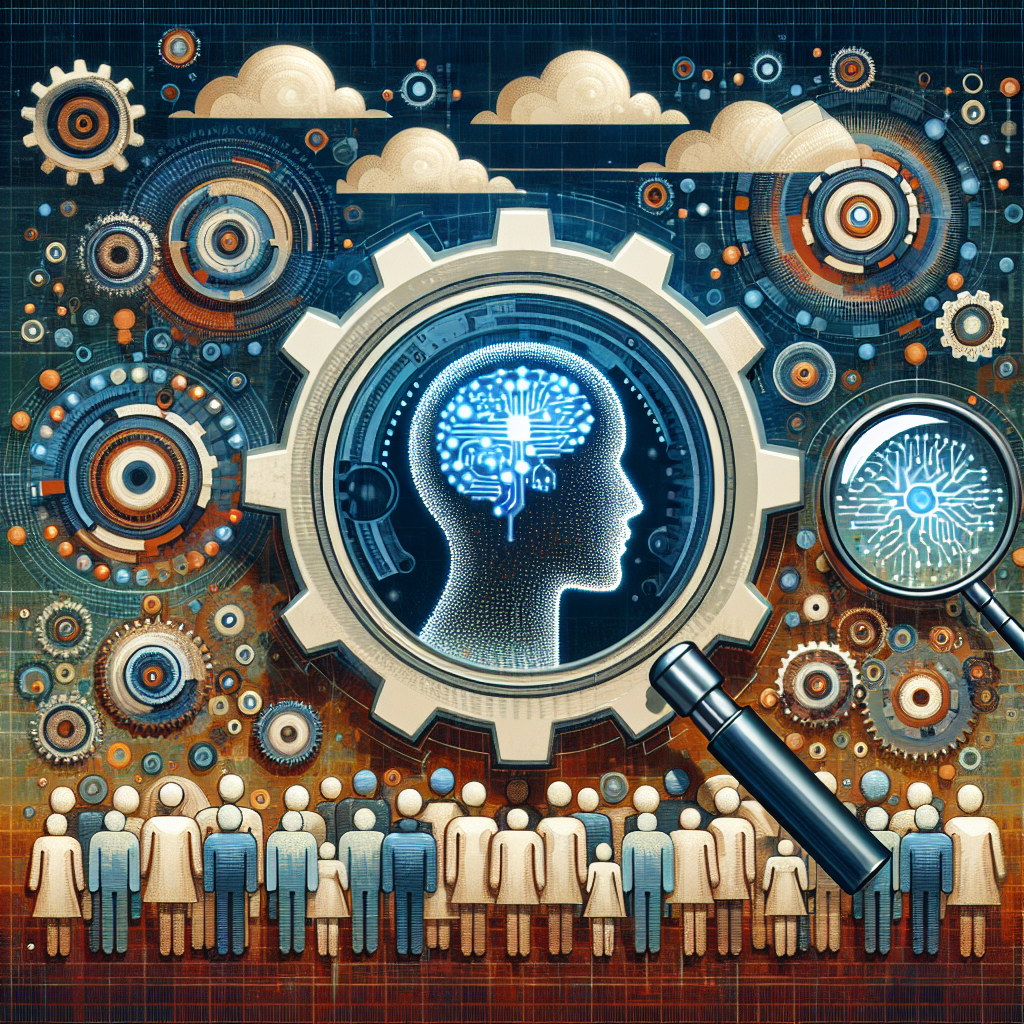In today’s fast-paced and competitive job market, finding and acquiring top talent is more critical than ever for organizations looking to stay ahead of the curve. With the rise of artificial intelligence (AI) technology, talent acquisition has been revolutionized, allowing companies to leverage data-driven insights and automation to streamline the hiring process and make more informed decisions.
AI-driven solutions for talent acquisition encompass a range of tools and technologies that help organizations identify, attract, and hire the best candidates for their needs. These solutions leverage machine learning algorithms and natural language processing to analyze vast amounts of data, including resumes, job descriptions, social media profiles, and online assessments, to match candidates with the right roles and to predict their potential for success within the organization.
One of the key benefits of AI-driven solutions for talent acquisition is their ability to remove bias from the hiring process. Traditional recruitment methods often suffer from unconscious biases that can lead to discrimination and unfair treatment of candidates based on factors such as race, gender, or age. AI algorithms, on the other hand, are designed to make decisions based on objective criteria, reducing the risk of bias and ensuring that all candidates are evaluated fairly based on their skills and qualifications.
Another advantage of AI-driven solutions is their ability to streamline the recruitment process and save time for both recruiters and candidates. By automating repetitive tasks such as resume screening, candidate sourcing, and interview scheduling, AI tools allow recruiters to focus on more strategic aspects of the hiring process, such as building relationships with candidates and developing talent pipelines. This not only improves the efficiency of the recruitment process but also enhances the candidate experience, leading to higher engagement and retention rates.
AI-driven solutions also provide valuable insights into the talent market and help organizations make data-driven decisions about their recruitment strategies. By analyzing trends in candidate behavior, skills demand, and market competition, AI tools can help companies identify emerging talent pools, predict future hiring needs, and optimize their recruitment efforts to attract top talent.
Overall, leveraging AI-driven solutions for talent acquisition can give organizations a competitive edge in today’s dynamic job market. By harnessing the power of AI technology, companies can improve the efficiency, accuracy, and fairness of their recruitment processes, ultimately leading to better hires, higher employee engagement, and increased business success.
FAQs:
Q: How does AI technology improve the candidate experience?
A: AI-driven solutions can enhance the candidate experience by providing personalized recommendations, automating communication, and streamlining the application process. By using AI tools, candidates can receive relevant job opportunities based on their skills and preferences, communicate with recruiters in real-time through chatbots, and complete assessments and interviews online, making the overall experience more convenient and engaging.
Q: Are AI-driven solutions biased in their decision-making?
A: While AI algorithms are designed to be objective and data-driven, there is still a risk of bias in AI-driven solutions for talent acquisition. Biases can be introduced through the data used to train the algorithms, the design of the algorithms themselves, or the human input involved in the decision-making process. To mitigate bias, organizations should regularly review and audit their AI systems, ensure diverse representation in their training data, and provide transparency and accountability in their recruitment processes.
Q: How can AI technology help organizations attract diverse talent?
A: AI-driven solutions can help organizations attract diverse talent by removing bias from the recruitment process, expanding the reach of job postings to new and underrepresented talent pools, and providing insights into diversity metrics and trends. By leveraging AI tools, companies can create more inclusive and equitable recruitment practices, leading to a more diverse workforce and a stronger organizational culture.
Q: What are the potential challenges of implementing AI-driven solutions for talent acquisition?
A: Some potential challenges of implementing AI-driven solutions for talent acquisition include data privacy concerns, resistance from internal stakeholders, and the need for ongoing training and support for users. Organizations should carefully consider these challenges and develop a comprehensive strategy for implementing AI technology in their recruitment processes to ensure successful adoption and maximize the benefits of AI-driven solutions for talent acquisition.

